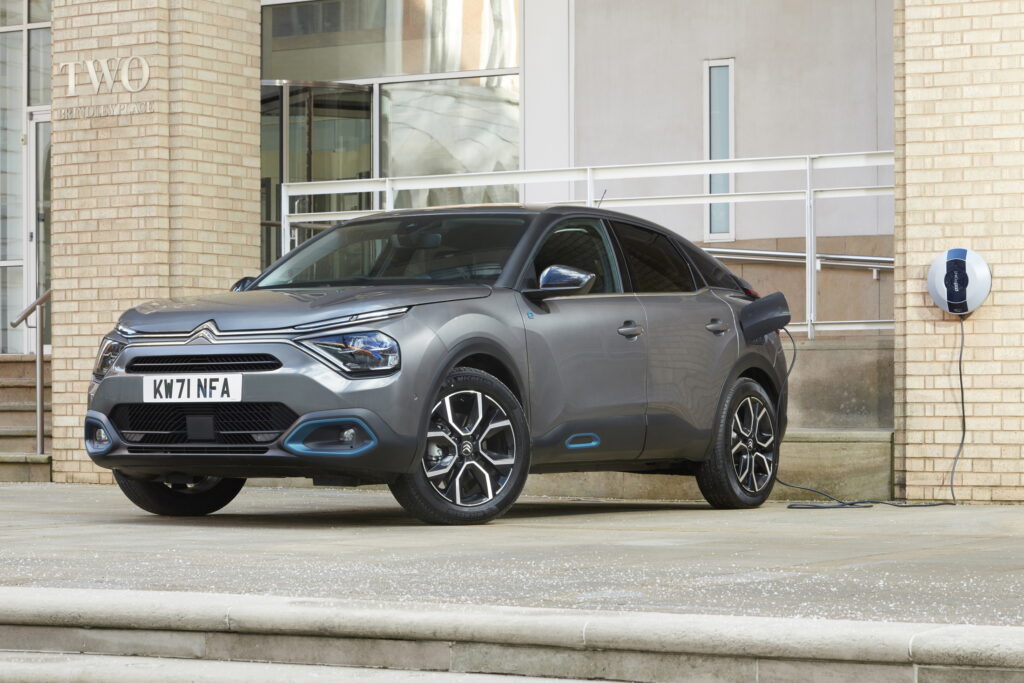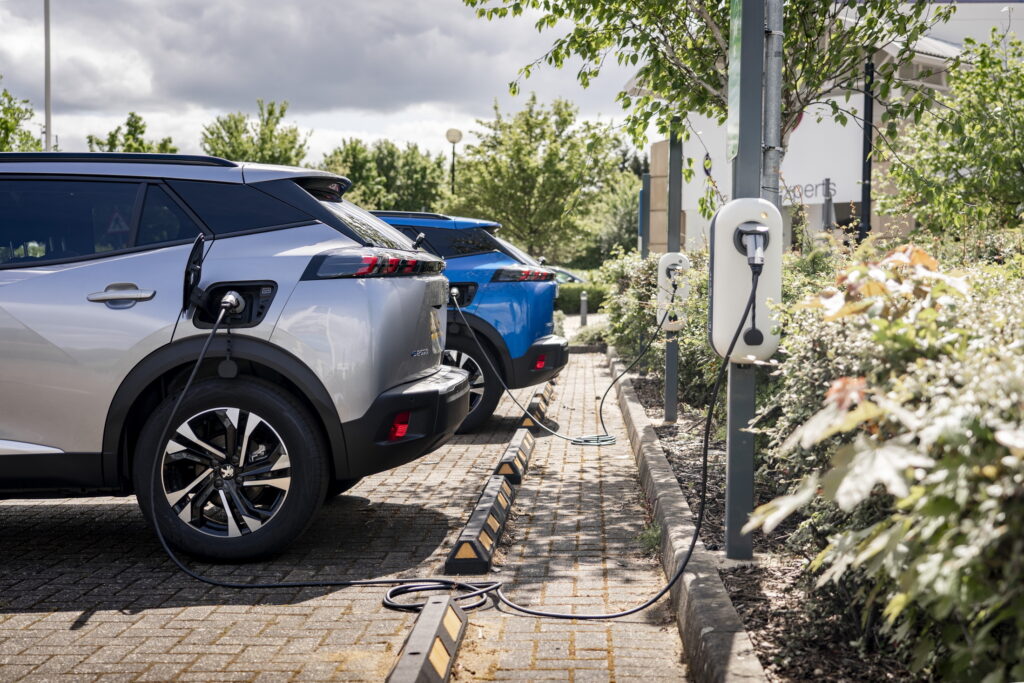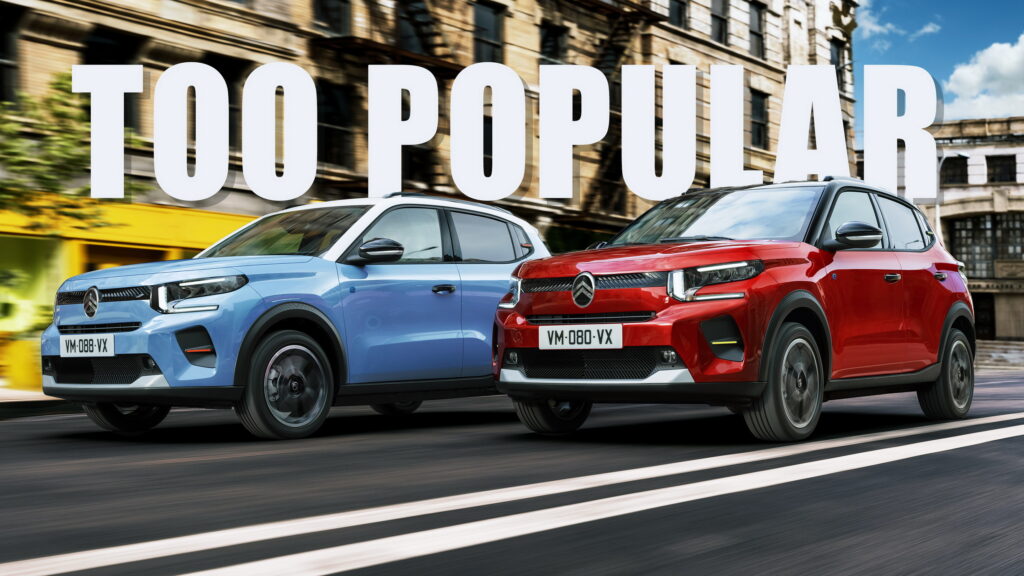The French government is reassessing its incentive structures for electric vehicles over fears that they may end up costing too much. That means that the country’s richest shoppers will receive a smaller tax credit if they buy a green vehicle, and those on the lower end of the income spectrum will have to wait until next year for a subsidized lease.
To begin with, France is suspending a program aimed at making electric vehicles more accessible to a wider population. Following criticisms that electric vehicles were too expensive, the nation introduced a program that allowed certain individuals to lease a cheap European-made EV for between €54-€150 per month (US$58-$160 per month at current exchange rates).
To qualify for the program, lessees had to apply and prove they had a household taxable income of less than €15,400 (around US$16,500), reports The Guardian. They also had to prove they lived more than 15 km (9 miles) away from their workplace, drove more than 8,000 km (4,971 miles) per year as part of their work, and that they were over 18 and lived in France.
Read: How France Is Bringing EVs To Low-Income Homes With Monthly Leases From €54

The government had initially planned to subsidize 25,000 vehicles as part of the program, but doubled that to 50,000 after demand for the program quickly surpassed its expectations. By the end of January it had received 90,000 applications but, for now, the program is being suspended until 2025.
“It’s a real success story and symbolic of French environmental policy,” an advisor to French President Emmanuel Macron said. “It is good for the wallet and good for the planet.”
More: Is This A Joke? New Toyota GR Yaris May Cost Over $100,000 In France!
Meanwhile, on the other end of the spectrum, France is shrinking the subsidy offered to high-income vehicle buyers by 20 percent. Whereas the subsidy for people buying a new electrified vehicle was previously capped at €5,000 (around US$5,500) for the top 50 percent of French income earners, it has now been capped at €4,000 (around US$4,300).
The government said that the move was being made in order to allow it to “help more people but with less money,” reports Reuters. New vehicle buyers may still be able to rely on more local incentives from regional governments to help them buy a new EV.





